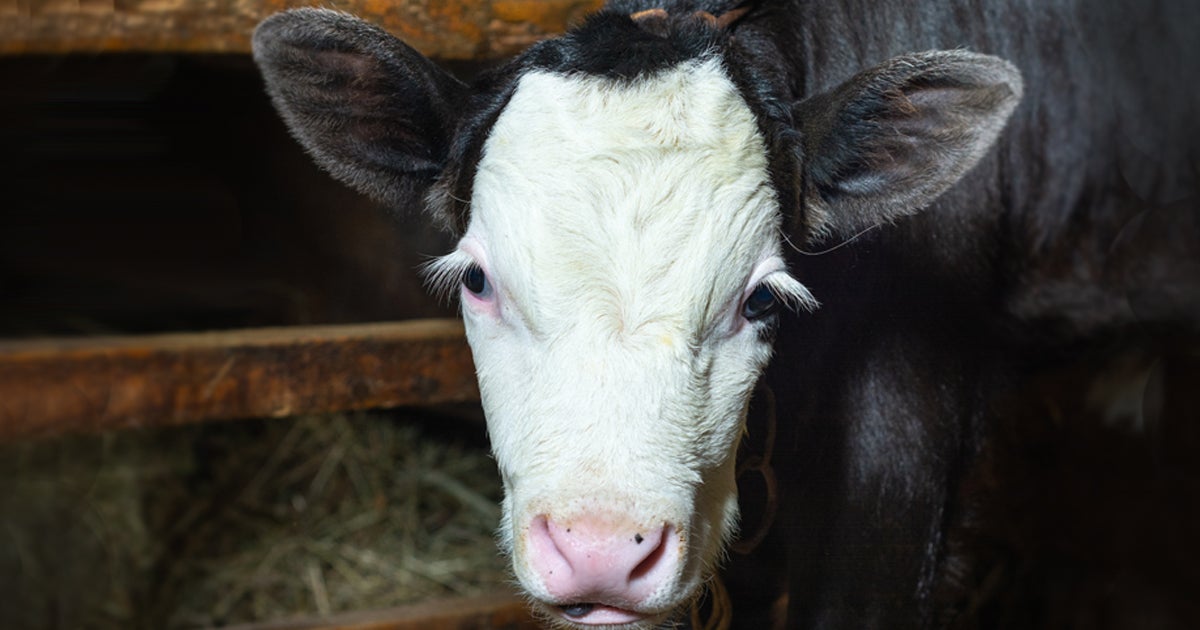Building a More Compassionate World through the Farm System Reform Act


The COVID-19 pandemic unveiled the inherent cruelty and fragility of our agricultural system. It’s clear that our nation must work toward building a more humane farm system in order to recover from this pandemic—which exacerbated the harms of extreme slaughter speeds and resulted in the unnecessarily cruel “depopulation,” or mass killings, of farm animals across the country.
Fortunately, Congress is doing something about this. The ASPCA applauds the introduction of the Farm System Reform Act—critical legislation championed by Senator Cory Booker (D-NJ) and Rep. Ro Khanna (D-CA) that offers a roadmap for a better world for farm animals.
The bill would phase out factory farms by curbing the expansion or construction of new large “concentrated animal feeding operations” (CAFOs). It would also provide much-needed federal support to help farmers transition away from factory farming to higher welfare, pasture-based production systems or to transition to growing fruits, vegetables and other crops. The Farm System Reform Act would also try to hold factory farms accountable for how they harm local communities and how they treat farmers unfairly by contractually limiting their ability to improve animal welfare.
Globally, factory farming is one of the main contributors to climate change—and serves as the perfect breeding ground for zoonotic diseases. Higher-welfare farming is not only better for animals, it’s also less environmentally damaging and far less likely to contribute to pandemics, such as the one we face today. Federal funding should not continue to prop up the worst practices on factory farms, but instead should be reserved for those who are using better practices that benefit animals, workers, farmers and the environment.
You can help us build a more compassionate world for our nation’s farm animals by advocating for the Farm System Reform Act. Please contact your federal lawmakers today and ask them to support and cosponsor this bill.
Source: Read Full Article


